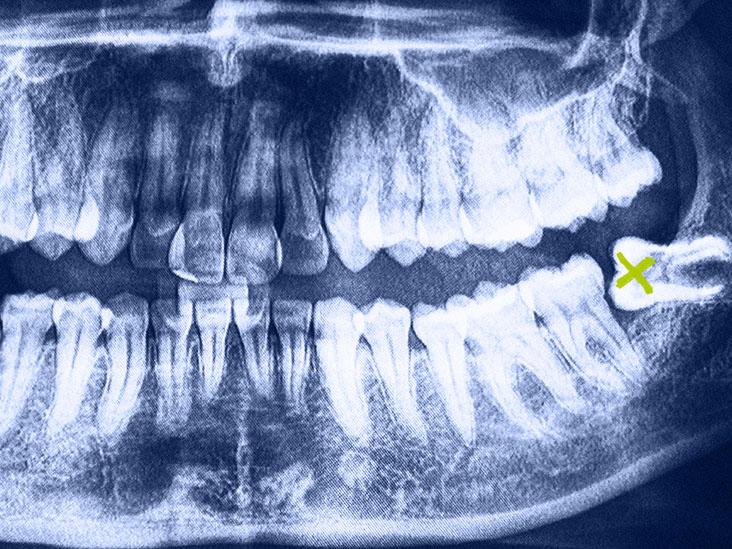
Are you experiencing pain or discomfort in your mouth? Do you have difficulty eating due to overcrowding of the teeth? If so, wisdom teeth removal may be an option for you. In this blog post, we’ll discuss why wisdom teeth removal may be necessary and provide tips on preparing for the procedure.
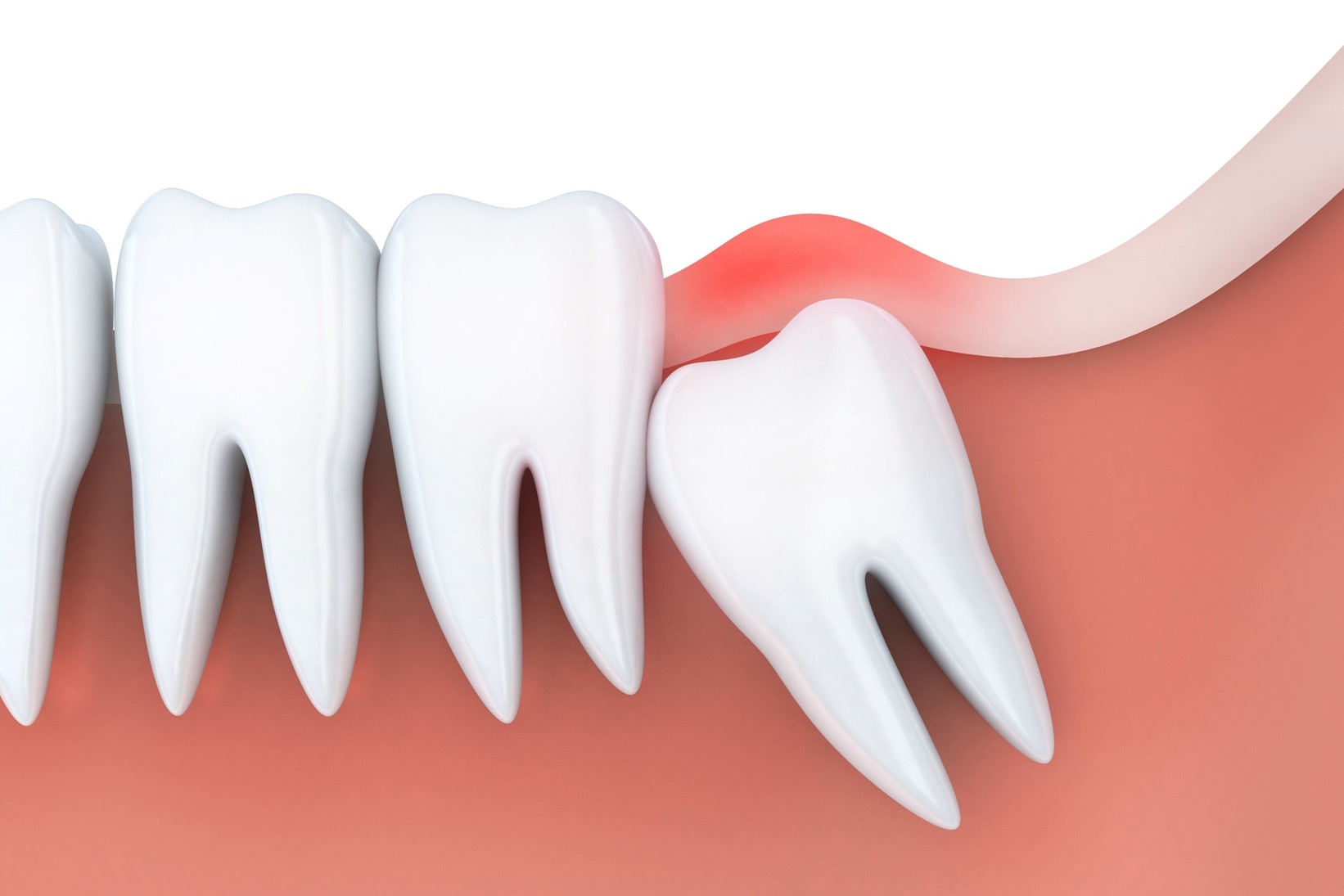 Source: www.rmperiohealth.com
Source: www.rmperiohealth.com
Wisdom teeth are the third and final set of molars in the late teens or early twenties. These teeth are located at the back of your mouth, furthest from your front teeth. Wisdom teeth usually come in by age 25 and can cause problems if they don’t have enough room to grow properly.
If wisdom teeth don’t have enough room to grow correctly, they may become impacted. This means they may be partially or completely blocked from erupting into your mouth due to lack of space, other teeth or jawbone obstructions. If wisdom teeth become impacted, they can cause pain, swelling and infection around the area.
In some cases, wisdom tooth removal is recommended as a preventative measure to help protect other healthy nearby teeth from becoming damaged by overcrowding or misalignment. Your dentist may also recommend having them removed if you’re experiencing pain around your back molars or if you’re showing signs of an infection, such as swelling and redness around your gums.
Wisdom tooth removal is typically done under local anaesthesia so that you won’t experience discomfort during the procedure. Once your dentist has determined that one or more wisdom tooth needs to be extracted, it can be done quickly and easily at their practice with minimal recovery time afterwards.
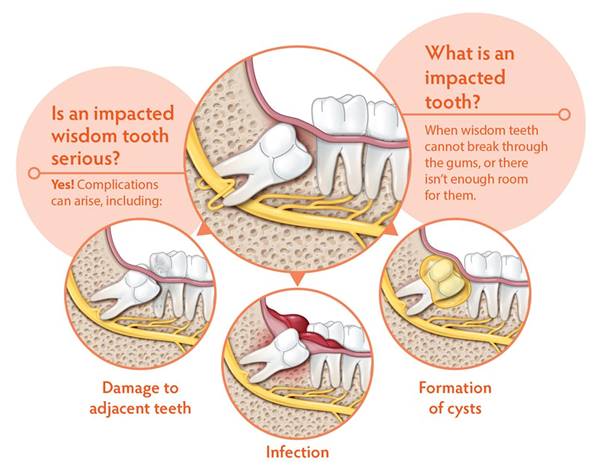 Source: www.temeculafacialoralsurgery.com
Source: www.temeculafacialoralsurgery.com
Wisdom teeth are the last set of molars that typically grow in the back of the mouth between ages 17-25. While some people may never experience issues with their wisdom teeth, these molars can cause various problems for many. Some of the primary reasons to have wisdom teeth removed are overcrowding, impaction, and infection.
Overcrowding is one of the most common reasons to remove wisdom teeth. When there isn’t enough room in your jaw for all your teeth, this can lead to overlapping or crooked teeth. Wisdom tooth removal can help create more space in your mouth and allow your other adult teeth to grow in correctly.
Impaction occurs when a tooth fails to fully erupt from beneath the gum line due to a lack of space or obstruction from another tooth or bone structure. Impacted wisdom teeth can cause pain and swelling in the area and crowding of other healthy teeth.
Infection is another common reason to remove wisdom teeth if they become impacted or don’t have adequate space for proper cleaning and hygiene maintenance. This can lead to abscesses or cysts requiring surgical intervention for proper treatment and resolution.
If you suspect you may be experiencing issues with wisdom teeth, contact a dentist near you for an examination and consultation about potential treatments, including removal as needed.
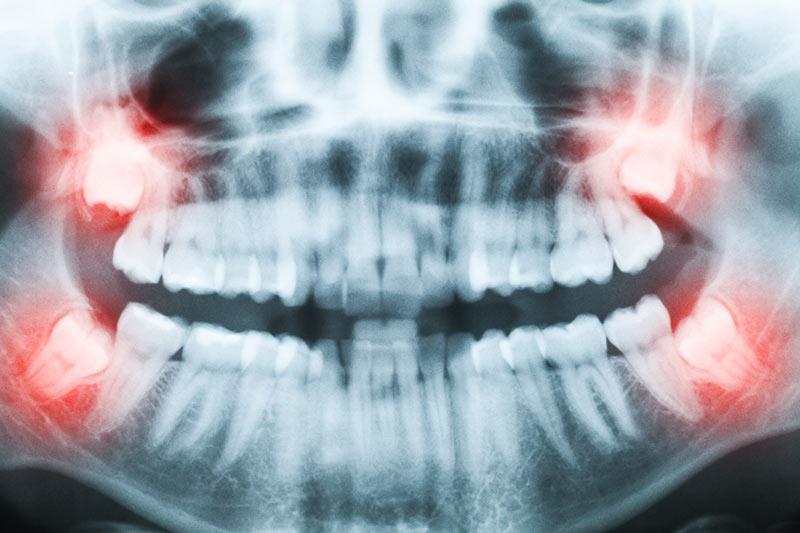 Source: southgablesdental.com
Source: southgablesdental.com
Wisdom teeth removal is a dental procedure that involves extracting permanent adult teeth at the back of your mouth. Several types of removal options are available depending on the complexity and positioning of your wisdom teeth. In some cases, your dentist may be able to remove your wisdom teeth with a simple extraction. In contrast, in other cases, you may require surgery with a general anaesthetic to extract the tooth or perform a coronectomy (removing just the tops of the teeth). Your dentist will examine your mouth using X-rays and other imaging techniques to determine which option is best for you. The procedure will involve numbing your mouth and cutting away any gum or bone tissue blocking access to your wisdom tooth. Once removed, stitches may be necessary to close any gaps to aid healing.
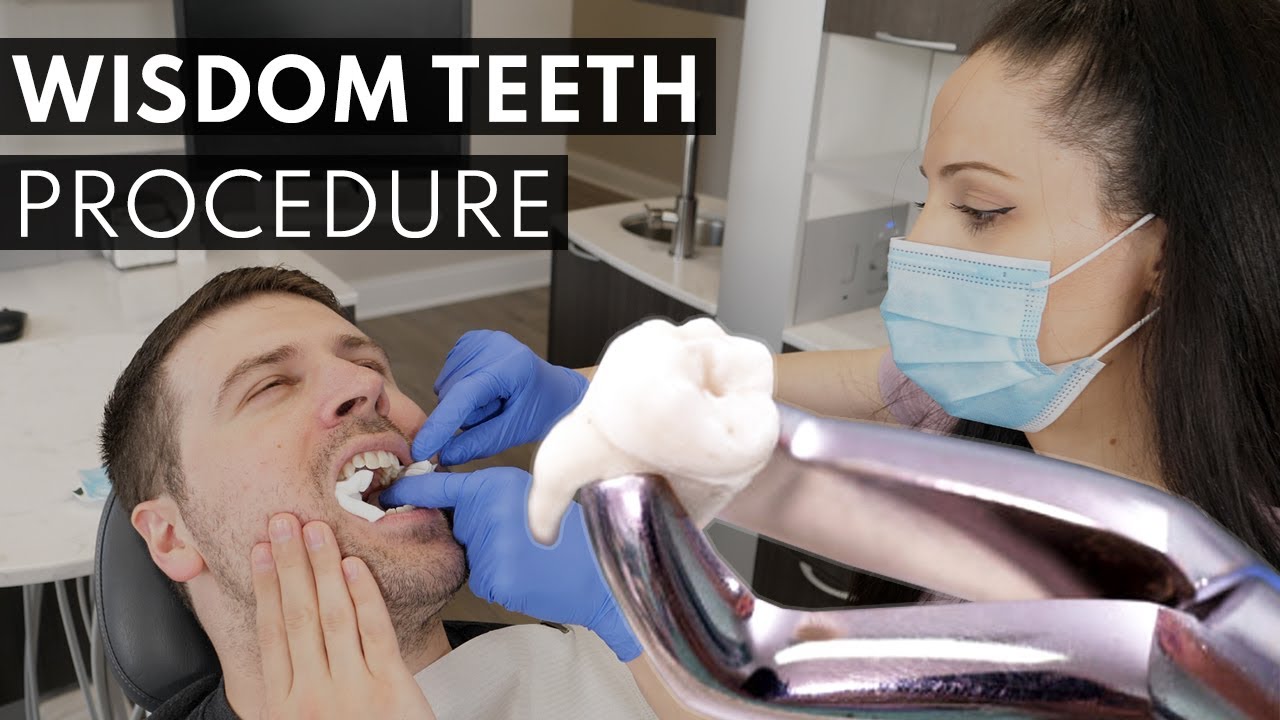 Source: i.ytimg.com
Source: i.ytimg.com
Preparing for wisdom teeth removal surgery can be a stressful experience. It is important to be well-informed and plan to ensure a successful outcome.
First, it is important to understand the procedure that will take place. Most upper wisdom teeth can easily be removed under local anaesthetic, and lower wisdom teeth may be more difficult to remove.
Before surgery, it is essential to not eat or drink anything after midnight, including hard foods and beverages such as coffee and soft drinks. Also, refrain from smoking at least 12 hours before the procedure. Instead, focus on stocking up on soft foods like mashed potatoes, eggs, smoothies, mashed veggies, soup and pasta, which are nutritious but easy to digest after the surgery. Additionally, healthy green juices can help with pre-surgery jitters.
After surgery, you should resume brushing your teeth gently near the surgical wound within 24 hours of the procedure. Plan to have all your needed items ready for post-operative care and recovery when you return home from the hospital or clinic.
 Source: post.medicalnewstoday.com
Source: post.medicalnewstoday.com
Recovering after wisdom teeth surgery is usually a relatively simple process. Generally, it takes about three to four days for most people to recover fully. However, recovery may take longer if the teeth were impacted or came in at an awkward angle. During recovery, you may experience swelling and soreness, which should subside within two to three days. To help with the healing process, using ice packs and taking pain medication as your dentist or surgeon prescribes is important. Generally speaking, after one week, most people can resume their normal daily activities, and any physical activities that require more exertion can be resumed after two weeks of healing. The extraction site typically takes about two weeks to close up and heal completely.
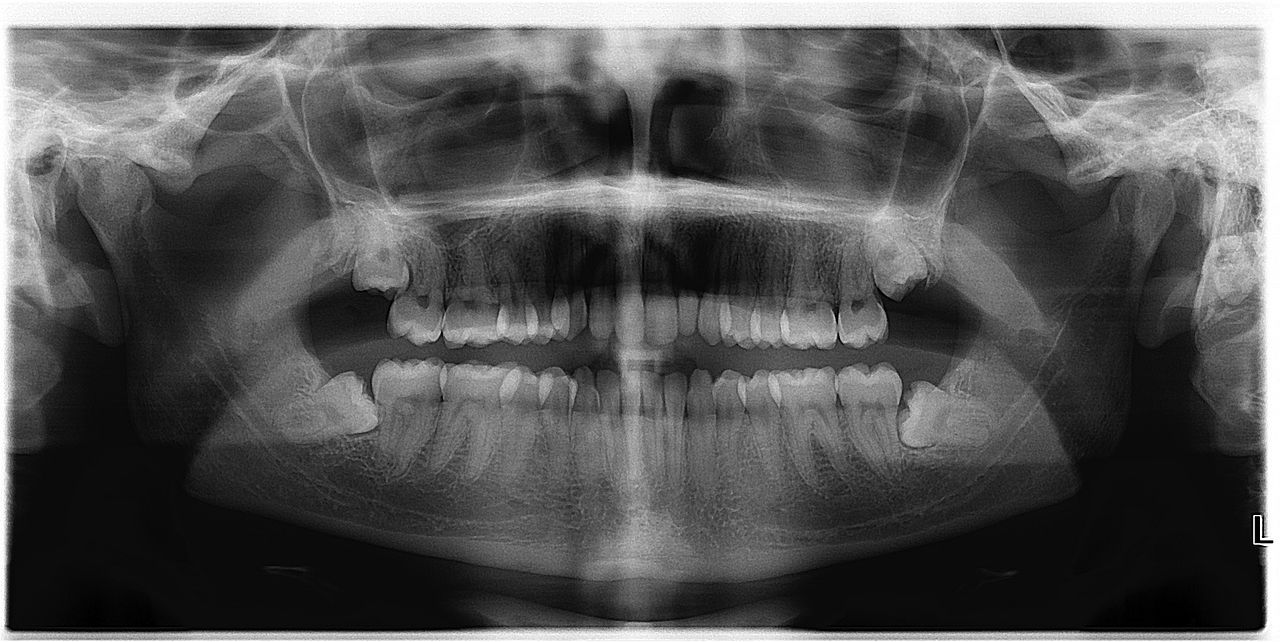 Source: dentalhealthsociety.com
Source: dentalhealthsociety.com
Wisdom teeth removal is a common dental procedure; however, it can come with some risks and potential complications. These include dry socket (alveolar osteitis), infection, nerve damage, bleeding, and temporary numbness in the tongue or face. A dry socket is the most common complication after wisdom teeth removal and is caused by the failure of a blood clot to form at the extraction site. Additionally, nerves and blood vessels can be damaged during the procedure, which may lead to bleeding. Following your dentist’s instructions for aftercare is important to reduce the risk of complications following wisdom teeth removal. This includes taking medications as prescribed and keeping the area clean with salt water rinses every few hours following surgery.
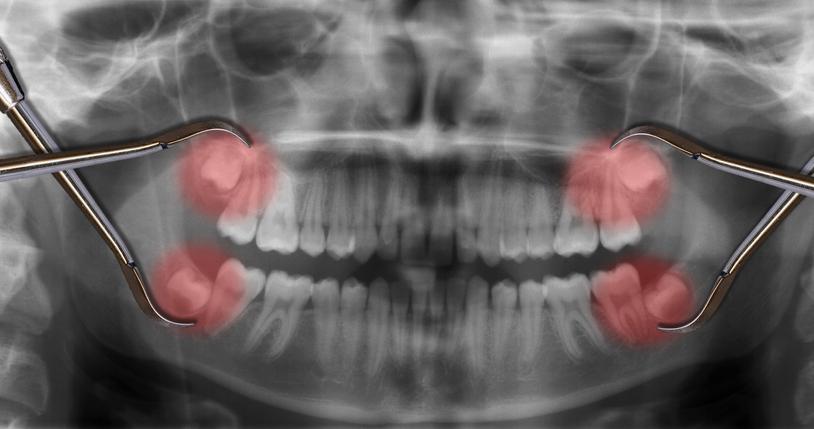 Source: cascadeofs.com
Source: cascadeofs.com
Pain management during and after a wisdom teeth removal procedure is important to recovery. You can take several steps to help reduce pain and aid in the healing process.
Over-the-counter pain medications such as ibuprofen (Motrin® or Advil®) can often be used for relief, typically taken at 400–600 mg every 6–8 hours as needed. If necessary, your dentist may also prescribe additional medications before and after the procedure. Cold packs can also help reduce pain and swelling, so stocking up on these items before the procedure is a good idea.
To help manage pain after removing your wisdom teeth, it is best to think of it on a scale of 1-10 (10 being worst). If severe pain persists, follow your dentist’s instructions regarding taking prescribed medications. Additionally, warm salt water rinses can provide relief by reducing inflammation and clearing out any food particles that may be trapped around the wound area.
Finally, liquid foods may be easier to consume while recovering from wisdom teeth removal, so stocking up on those items beforehand will help make life easier. Following these tips should help make your recovery from wisdom teeth removal less painful and more comfortable overall.
After wisdom teeth removal surgery, avoiding certain foods and activities for the first 24 to 48 hours is important. Start with clear liquids and soft foods like ice cream, mashed potatoes and pureed fruit. Avoid chewy, hard foods that can break into small pieces, such as cookies, chips, crackers or popcorn containing nuts. Additionally, do not drink alcohol, caffeine or smoke during this time. You should also avoid using a straw. Rinsing or spitting should be avoided for the first 24 hours to let the blood clots form properly in the empty tooth socket to help heal your mouth faster. Eating soft foods and avoiding these activities will help you recover quickly after wisdom teeth removal surgery.
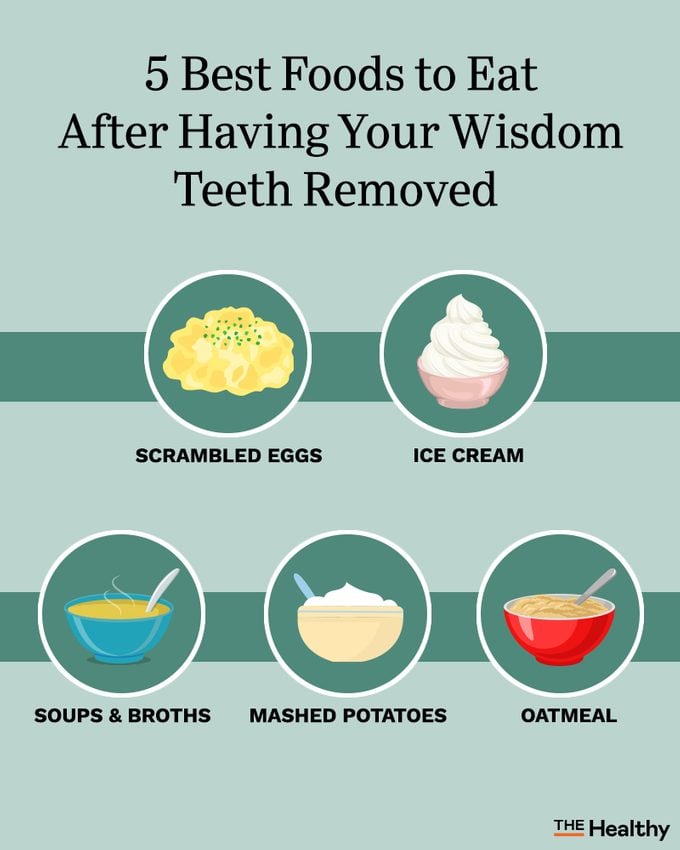 Source: www.thehealthy.com
Source: www.thehealthy.com
Nutrition Tips Following Wisdom Teeth Removal
After removing a wisdom tooth, taking care of your nutrition is important. Eating a nutritious and healthy diet can help you heal faster, minimise pain and swelling, and reduce infection risk. Here are some tips for eating right after having your wisdom teeth removed.
For the first 24 to 48 hours after your procedure, eating only soft foods like yogurt, applesauce, and ice cream is important. Cold foods may also help with any discomfort you may be experiencing. Soups and broths are other great options, as they can be easily digested while providing essential healing nutrients.
Start introducing mashed potatoes, oatmeal, and pureed seedless fruits like bananas or pears on day three. Healthy vegetable soups are also great choices that provide many nutritious ingredients, such as carrots, celery, and onions, to aid in healing and recovery. Cottage cheese is another soft food option that provides plenty of protein which helps with healing.
Drinking fluids following wisdom teeth removal is essential to stay hydrated during recovery. Drink at least 8 glasses of water per day to keep your body nourished during this period; additionally, herbal teas are a good choice for adding flavour without added sugars or artificial sweeteners that can cause inflammation or irritation in the mouth area on top of what you may already be feeling from the procedure itself.
Following these nutrition tips can help ensure quick recovery following wisdom teeth removal while providing the nutrition needed for healing and avoiding unnecessary complications like infection.
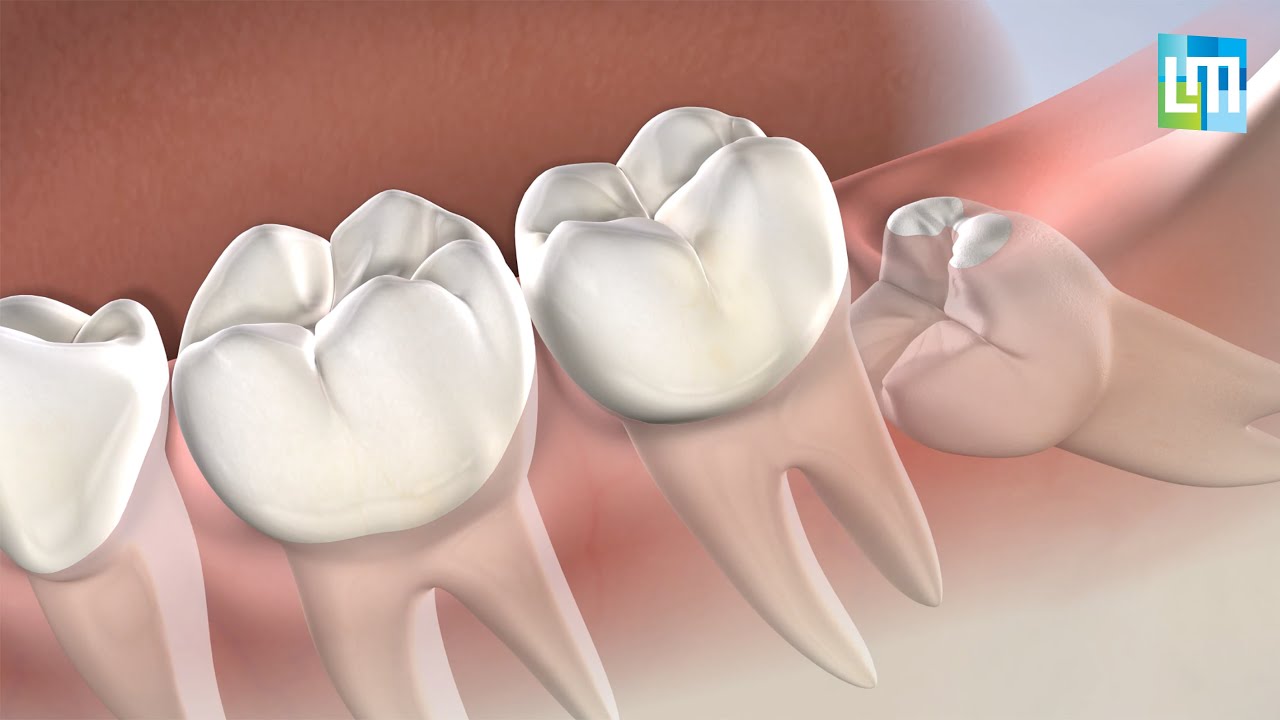 Source: i.ytimg.com
Source: i.ytimg.com
Caring for your mouth after wisdom teeth removal surgery is important to ensure a safe and speedy recovery. It’s important to follow your dentist or surgeon’s instructions carefully.
Drink lots of water following the surgery and avoid drinking with a straw for at least a week, as this can dislodge the blood clot that forms in the extraction site. Some bleeding, oozing, or redness in your saliva is normal after the procedure. If bleeding is excessive, place a gauze pad over the wound and bite down firmly for about 30 minutes.
Brushing your teeth on the night of surgery is okay but rinse gently; do not vigorously rinse your mouth, as this can wash away the blood clot. The day following surgery, you should begin rinsing 5-6 times a day with warm salt water (1/2 teaspoon of salt in 8 oz of water).
Clean your mouth thoroughly after each meal beginning the day after surgery, and use an antiseptic mouthwash daily – particularly after eating. An hour after surgery, you may remove any gauze sponges in your mouth and have something soft to eat.
Following these guidelines will help you heal quickly and safely from wisdom teeth removal surgery while protecting against infection or further complications.
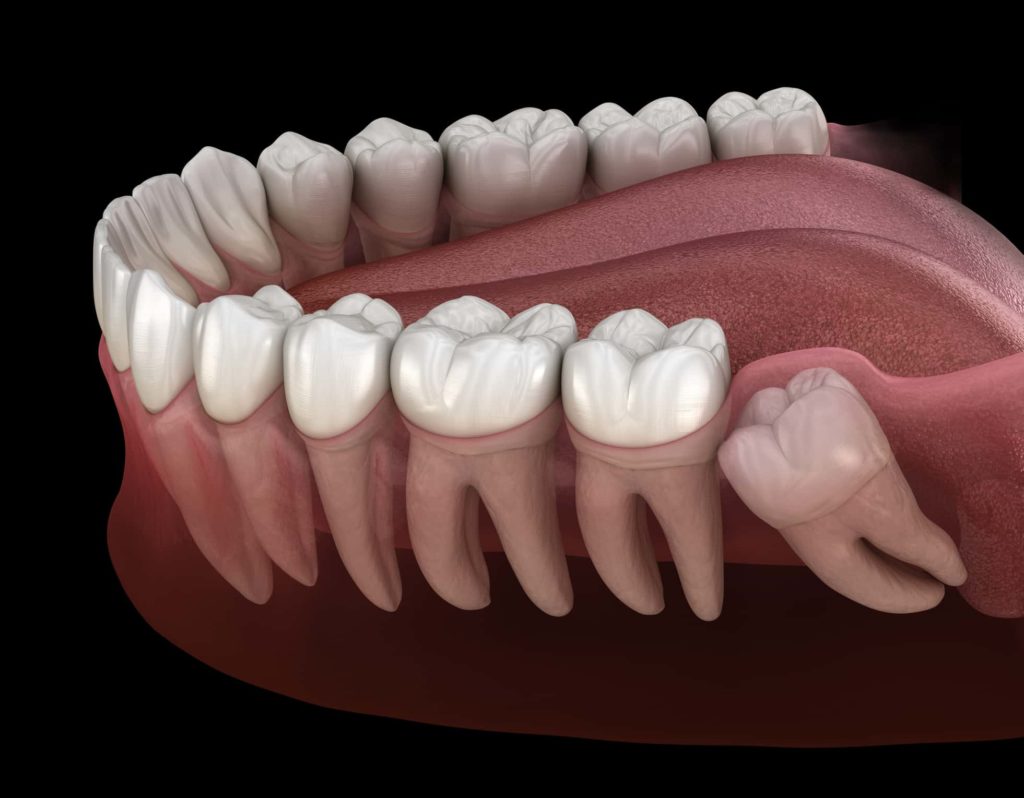 Source: www.oralsurgerychestercounty.com
Source: www.oralsurgerychestercounty.com
After the wisdom teeth removal, scheduling a follow-up appointment with your dentist is important. This visit is necessary for the dentist to check for any complications and assess the healing process. During this appointment, the dentist may check for any infection, dry socket, excessive bleeding or other issues that may have arisen since the surgery. Depending on the type of procedure performed, your dentist may also provide you with additional instructions on how to care for your mouth after surgery.
You must follow these instructions carefully to ensure a successful recovery and avoid potential problems. In general, it is advised that you stick to soft foods that don’t require much chewing during the first few days after surgery. Avoid drinking through a straw, which can cause more bleeding and discomfort at the surgical site. You should also rinse your mouth using an antiseptic mouthwash twice daily until fully healed. Additionally, pain medication may be prescribed if needed to control discomfort or swelling associated with wisdom teeth removal.
Following up with your dentist after wisdom teeth removal is vital to ensure proper healing and avoid further complications. By listening carefully to their instructions and taking all necessary precautions post-surgery, you can guarantee a successful recovery from wisdom tooth extraction!
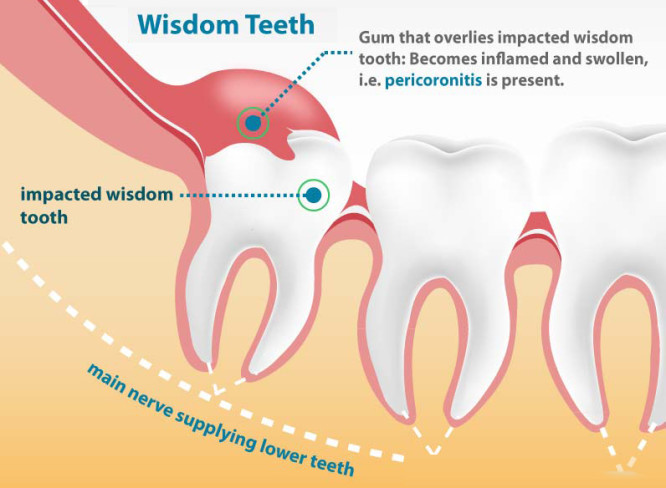 Source: gorbatovdentistry.com
Source: gorbatovdentistry.com
Removing a wisdom tooth can be important in maintaining good oral health. However, watching for signs of infection or complications arising after the procedure is important. Signs of infection or complications after surgery may include excessive bleeding at the surgical site, pain and swelling, dry socket (exposed bone), and fever.
Bleeding at the surgical site that lasts more than 24 hours could be a sign of infection and should be reported to your dentist as soon as possible. Pain and swelling around the area can also indicate an infection, so it’s important to have this monitored by your dentist. A dry socket is another potential complication when the blood clot doesn’t form properly at the extraction site. If you experience fever, redness or tenderness in your gums weeks or months after surgery, this could also point to an infection and should be addressed immediately by a medical professional. Attention to signs of infection or complications is key for maintaining good oral health after wisdom teeth removal surgery.
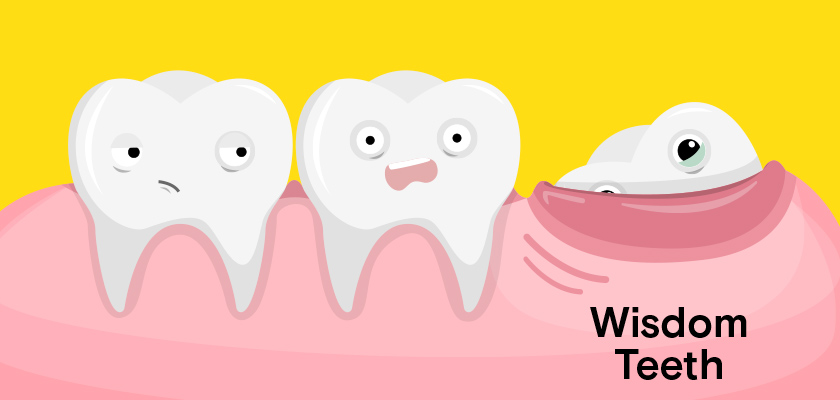 Source: wisdomteethfactory.com
Source: wisdomteethfactory.com
Removing your wisdom teeth can be a daunting experience, but understanding the cost involved can help make the process easier. Generally speaking, the cost of wisdom teeth removal depends on several factors, such as the complexity of the procedure, the type of anaesthesia used and whether or not there is any damage to the tooth or surrounding area.
For relatively simple cases of wisdom tooth extraction, a general dentist may be able to perform the procedure under local anaesthetic in their office for an average cost between $200 and $400 per tooth. If you need a surgical tooth extraction, you’ll be looking at a much higher cost for treatment; Dr Bordbar says an average dental surgeon reportedly charges between $385 and $475 per tooth for this type of procedure.
If you choose to remove your wisdom teeth with IV sedation or Twilight sedation, This cost will range between $500 and $1,500 per tooth, depending on difficulty. Similarly, finder.com.au states that an average wisdom tooth extraction under local anaesthetic costs $150 to $200 per tooth in the region. The cost of tooth extraction due to damage caused by wisdom teeth is also relatively high, ranging from $150 and to $350 per tooth. Lastly, general anaesthetic extractions are usually more expensive than those done under local anaesthesia; you can expect the cost of wisdom teeth removal in Australia to be higher, varying from around $1,500 to around$3,000 per tooth.
It can be intimidating if you are told you need to remove your wisdom teeth. Luckily, there are alternatives to the full extraction of wisdom teeth. A coronectomy is a common alternative that reduces the risk of nerve damage and is recommended for patients when their wisdom tooth is impacted and pressing on a nerve. This procedure removes only the tooth’s crown and leaves the root in place. However, this procedure isn’t right for everyone, and upper wisdom teeth can often be removed easily under a local anaesthetic. Lower wisdom teeth can be more difficult to remove, and if your dentist mentions extraction, it’s worth asking about a coronectomy or if it is a better choice for you.
Other alternatives to tooth extraction include dental implants or bridges, which replace missing teeth with artificial ones. The prevailing opinion among oral health experts suggests that wisdom teeth should only be removed if they are actively causing pain, inflammation or discomfort, which indicates they are becoming problematic. Upper wisdom teeth are easier to remove than lower ones but may also be close to the maxillary sinus, so extra care must be taken when extracting them. If you feel uncertain about having your wisdom tooth extracted, speak with your dentist about these alternative options so that you can make an informed decision about what’s best for you.
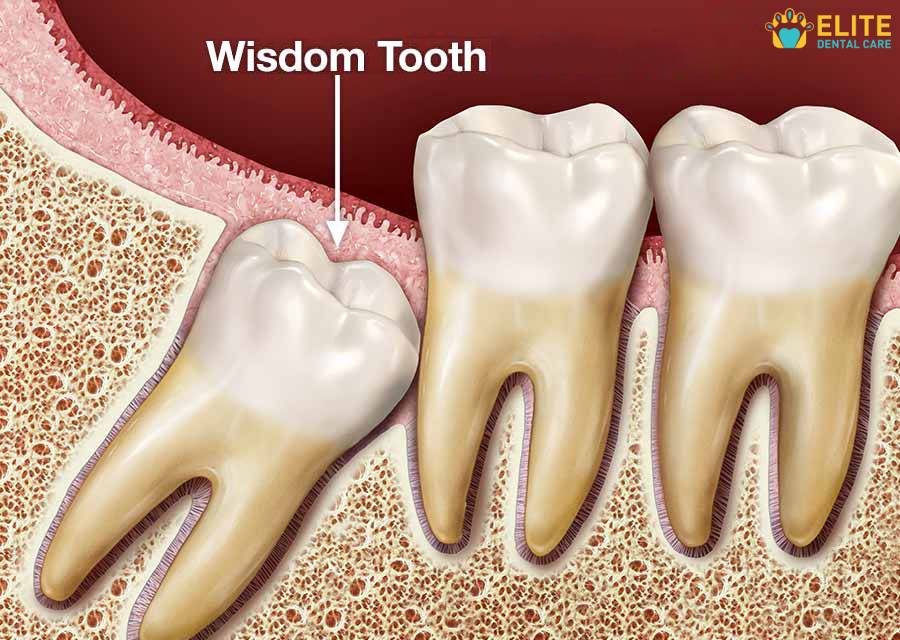 Source: theelitedental.com
Source: theelitedental.com
Wisdom teeth removal is typically a safe and effective way to prevent pain, improve oral health, and prevent future complications. In some cases, it may be necessary to have your wisdom teeth removed even if there is a risk involved. Speaking with a qualified oral surgeon or dentist about the procedure’s risks before proceeding is important for those considering wisdom tooth extraction. With the right care and attention, most patients can expect to recover after wisdom tooth extraction fully.